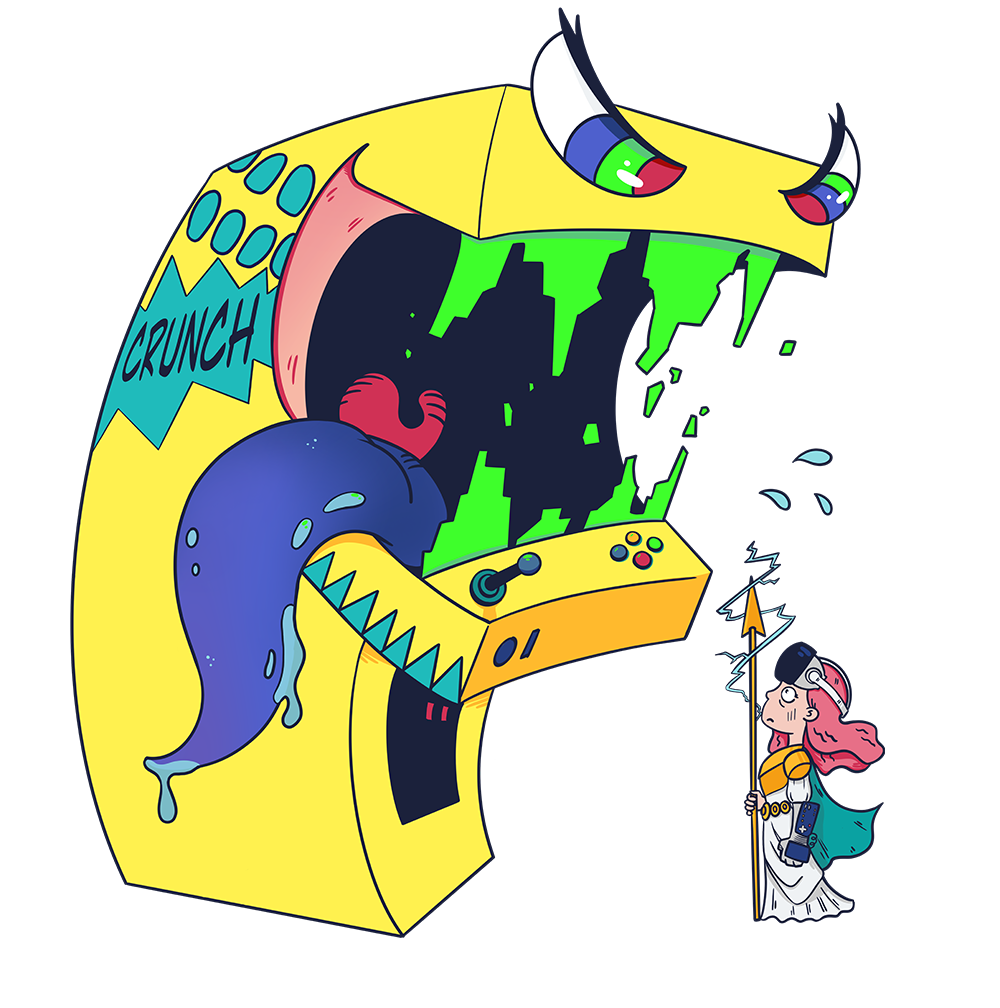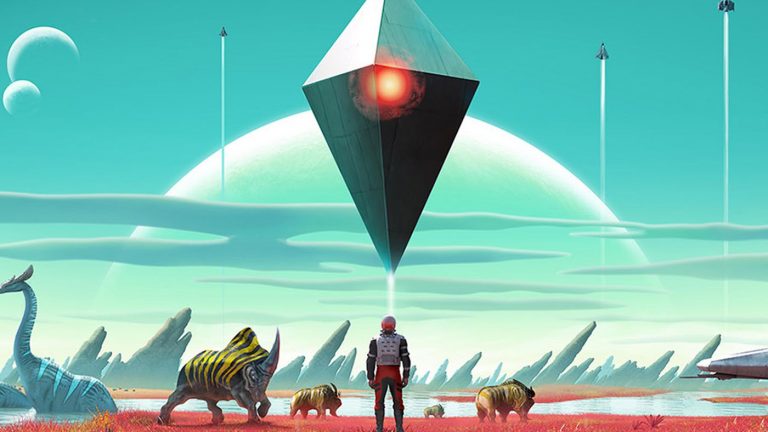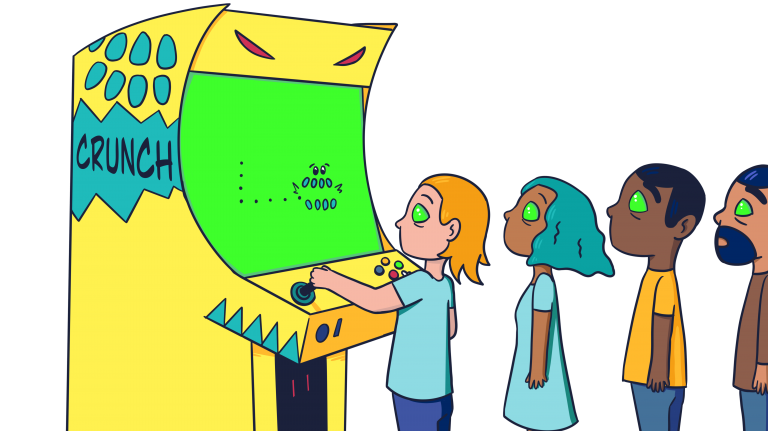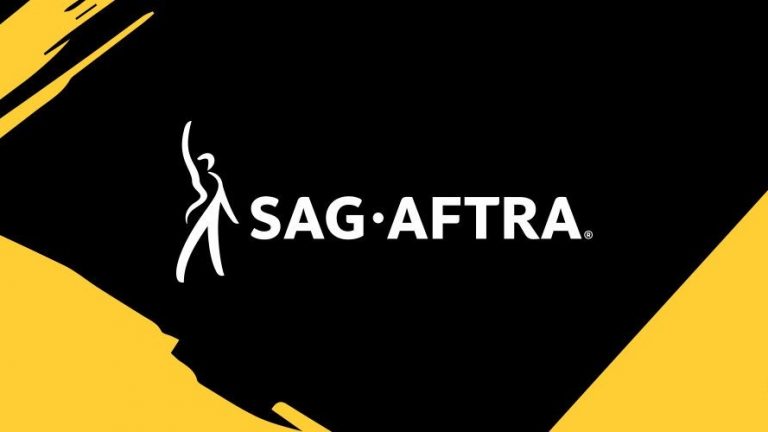Game Development Crunch
An ugly monster that eats time, money, and energy; then spits out buggy games and unhappy employees
What Is Crunch?
Crunch is the practice of game designers and developers working grueling work schedules, often as high as 100-hour weeks, in the lead up to a major milestone or release.

In most cases, overtime during crunch is unpaid and although it’s often described as voluntary, the social pressure can be huge and employees tend to feel that their career prospects would be damaged if they do not participate.
Crunch can be harmful to both the physical and mental health of the employees who experience it. It also has a profound impact on their loved ones, who can go for weeks without spending meaningful time with them. In extreme cases, crunch has led to divorces, and more commonly, people leaving the games industry for good.
In other words, it is a profound breakdown of work-life balance with potentially disastrous results.
Why Does Crunch Happen?

There are a lot of reasons why crunch happens. For one, it’s hard to plan a project with as many moving parts as modern video-games, and often deadlines turn out to be too aggressive and hard to meet. This can lead to executives feeling like they have no choice but to crunch when the alternative is to miss those deadlines. Or worse, be forced to release an unfinished game. Both of which can have dire financial repercussions.
Crunch is such a widespread part of the industry that the most mercenary studios plan crunch into their timelines. Using it as a way to get more value out of their employees.
Obviously, not all of the pressure to crunch comes from above. The truth is, the games industry is extremely passion-driven. Lots of young idealistic game designers and developers enter the industry every year with the dream of making games for a living. These people want to be doing what they’re doing and are willing to go to greater lengths to do their jobs well than someone who is just clocking in for the paycheck.
But, game development is not the only passion driven job around. Let’s look at another highly collaborative entertainment industry. The movie industry.
The history of Hollywood is full of exploitation, inequality and other abusive shenanigans. But over time it came to terms with many of those issues and improved. One of the most obvious ways it did so was with unions.
Anyone making a movie in America is likely to have to work with the Screen Actors Guild of America (SAG), The Directors Guild of America (DGA), the Writers Guild of America (WGA) and The International Alliance of Theatrical Stage Employees (IATSE) and more besides. Any one of those unions has the power to halt production on any movie that uses their services.
In the games industry, there is not one single union powerful enough to halt the production of a game.
These factors, along with many others, lead to a climate where crunch is not only tolerated, but often expected. Triple A studios admit to needing to crunch their employees, even after delaying their game. And senior developers openly talk about their own 100-hour work weeks, despite the negative publicity that comes with such admissions.
What Can Be Done About It?

As there is no one cause of crunch, there is also no single solution. Rather, a lot of different things can be done to mitigate crunch and if enough people choose to do those things, we may eventually succeed in eradicating it completely.
The first and most direct way of combating crunch is through both employees and employers pushing back against the pressure to crunch. There absolutely can be situations where a choice needs to be made between crunching and releasing a game that does not meet your planned quality bar. But those situations are fewer and further between than people generally think. Often, people resort to crunch because it’s a common practice that at the end of the day, can be effective. But if you take the time to consider other options, you may be surprised. For example, as awareness of crunch has increased, the game buying public is often much more forgiving of delays than they used to be, and releasing a game ‘when it’s done’ is a legitimate choice that those in a position to do so should consider advocating for.
At the end of the day, the goal is to make not crunching easier and more profitable than crunching. To this end, there are also ways that crunch-free game development can be made more cost-effective.
One way to do that is through effective project management. We did not highlight issues with project management as one of the major causes of crunch earlier, as it is one of the harder factors to explain. Almost no one outside of the industry talks about it as game studios rarely make the details of their game development process public.
Any number of project planning blunders can lead to crunch. A studio spending its limited resources in the wrong place, a development team underestimating how long something will take to implement, or a major feature being added late in production.
Helping companies sidestep these pitfalls is one of the ways we are actually trying to help solve crunch. We offer crunch avoidance consulting services where we advise companies on how not to fall into the traps that force companies to crunch time and time again.
And, if a company has already made these mistakes but wants to know how to salvage the situation without crunching their employees, we can help by augmenting design and development teams so that they can get their game over the line on schedule.
If you are a games industry professional trying to prevent your company from crunching, take a look at the other resources on this site and contact us about our services if you think we can help.
If you are outside the industry but you just love games and you don’t want the people making them to suffer, then I advise you take a look at Games Workers Unite, who are trying to unionize the games industry. Beyond that, make sure to keep an eye on which games companies are crunching their employees and vote with your wallet.
Find Out More About Crunch
How to Avoid Crunch (And What to Do if You Can’t)
Crunch is an ugly monster that eats time, money, and energy; then spits out buggy…
Don’t Lie About Your Game: The Relationship Between Marketing and Game Development
The relationship between game development and marketing can be a contentious one. Many times when…
The Scotty Principle: Handling Time Estimates During Game Development
Any die-hard Trekkies out there should be familiar with the Scotty Principle, even if you…
Guidelines and Best Practices for Crunching Ethically
At Tiny Hydra, we believe that Crunch should be avoided at all costs. With proper…
How to Predict If Your Game Will Need to Crunch
Talking to people who are disillusioned by crunch, we hear about a scenario that is…
Game Industry Unions
Unions are few and far between in the games industry and as we have discussed…





